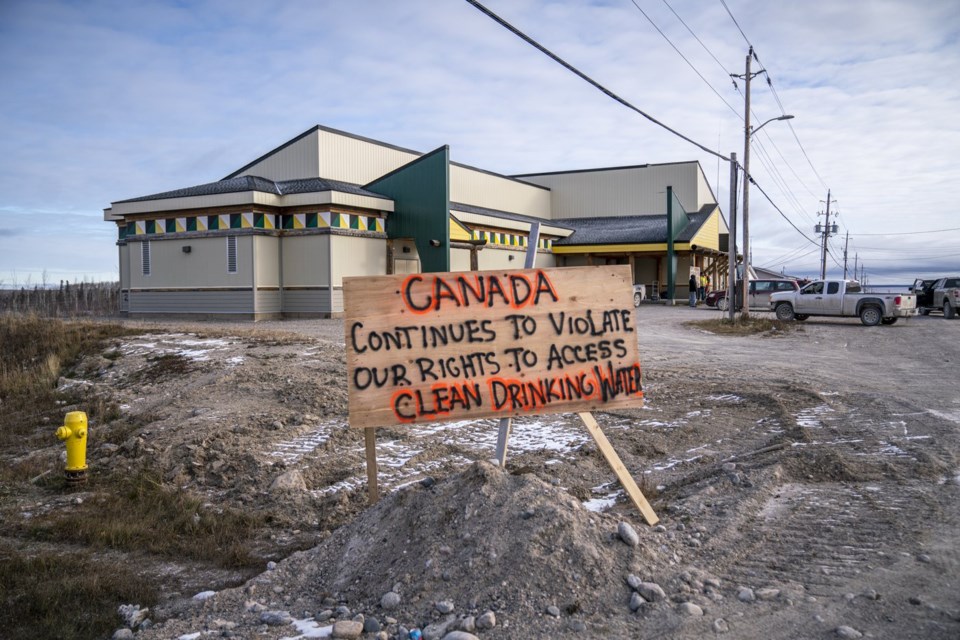LANDSDOWNE HOUSE – A milestone should be a point of celebration. However, Neskantaga First Nation isn’t doing any celebrating after 27 years of being under a boil water advisory.
“This is not something we are proud of by any means but it is real and happening today in our community,” said Chief Wayne Moonias in a press release. “Acknowledging 10,000 days in boil water advisory is impactful in so many ways –there has been so much loss of dignity and lack of trust over this."
For 10,000 days, the small population of 400 First Nations people has been boiling their water to keep pollutants out of their drinking water.
In 1995, the federal government paid for the construction of a water treatment plant near Neskantaga, but the production of clean drinking water proved to be ineffective as technical problems with the plant arose immediately afterward.
Since then, Neskantaga First Nations has been under a boil water advisory.
The problem with the water has gotten so bad that the community was fully evacuated on two occasions in 2019 and 2020.
After launching a legal challenge in 2019, a settlement was reached a year later.
The settlement provides:
- About $1.5 billion in compensation for individual First Nation residents affected by a lack of clean drinking water.
- The creation of a $400-million First Nation Economic and Cultural Restoration Fund.
- The creation of a First Nations Advisory Committee on Safe Drinking Water.
- At least $6 billion to improve access to safe drinking water on First Nations.
The government also renewed its pledge to end long-term drinking water advisories in First Nations communities by 2021.
However, has federal government has yet to fulfill that pledge.
As of May 28, of this year, there are still 34 long-term drinking water advisories in effect in 29 First Nations communities across the country, according to the Indigenous Services Canada.
In 2017, the federal government announced an $8.8 million upgrade to the water treatment plant in Neskantaga First Nation.
Yet, failures in the water treatment plant persist after several attempts to fix the problem.
Over the past three years, Nesjantagea First Nations have been working with the government to find the root cause of the problem by commissioning an independent report on the design suitability of the upgrades to the water treatment plant, the distribution and wastewater systems, and the best options for a new water treatment system. As well as, entering into five-year operations, maintenance, and training contracts with the Ontario Clean Water Agency.
“Remote water systems are complicated and sensitive,” said Chief Monnias. “Every day, we continue to be on the brink of a complete shutdown. We are hoping that, what we do to address the root causes, will benefit our community in the near future and for generations to come.”
For now, the boiling water advisory still stands.
